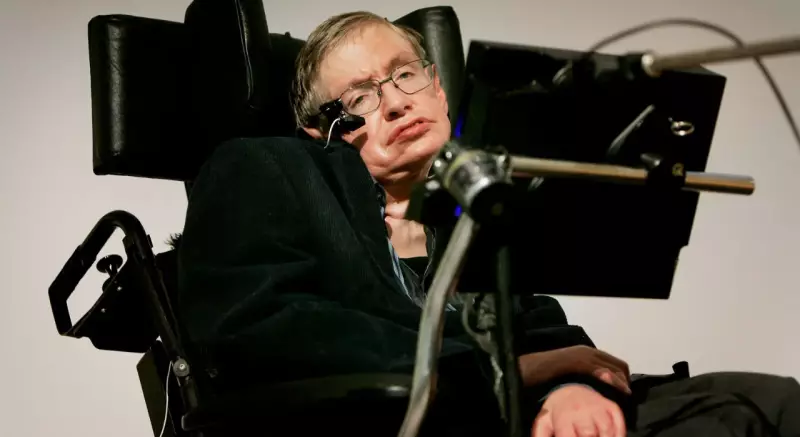
In what remains one of his most compelling philosophical statements, the late Stephen Hawking, the brilliant theoretical physicist who reshaped our understanding of the universe, left no room for ambiguity when it came to the concept of life after death.
The Scientific Perspective on Eternal Life
Hawking, who battled ALS for most of his adult life while making groundbreaking contributions to cosmology, fundamentally rejected the idea of an afterlife. He saw the human brain as a complex computer that simply ceases to function when the body dies, much like a broken computer that cannot be repaired.
"I regard the brain as a computer which will stop working when its components fail," Hawking famously stated. "There is no heaven or afterlife for broken-down computers; that is a fairy story for people afraid of the dark."
Why Science Was Enough for Hawking
Throughout his remarkable life, Hawking maintained that science provided all the wonder and mystery one could possibly need. His perspective wasn't just about rejecting religious concepts but about embracing the incredible reality that scientific discovery reveals.
"We have this one life to appreciate the grand design of the universe," he expressed, emphasizing that the sheer magnificence of the cosmos, from quantum particles to supermassive black holes, offered more than enough awe-inspiring material to occupy a lifetime of wonder.
The Legacy of a Scientific Mind
Hawking's views on mortality were particularly poignant given his personal journey. Diagnosed with a motor neuron disease at 21 and given just a few years to live, he defied medical expectations for more than five decades, during which he produced his most important work.
His stance represents a purely empirical approach to existence - one where the laws of physics govern everything from the birth of stars to human consciousness, leaving no room for supernatural explanations.
Key Takeaways from Hawking's Philosophy:
- The brain functions like a complex computer that stops at death
- Afterlife concepts are "fairy stories" for those fearing mortality
- The natural universe contains sufficient wonder without supernatural beliefs
- Science provides the only reliable framework for understanding existence
Hawking's perspective continues to inspire debates about science, religion, and the ultimate nature of reality, ensuring his intellectual legacy extends far beyond his contributions to theoretical physics.






